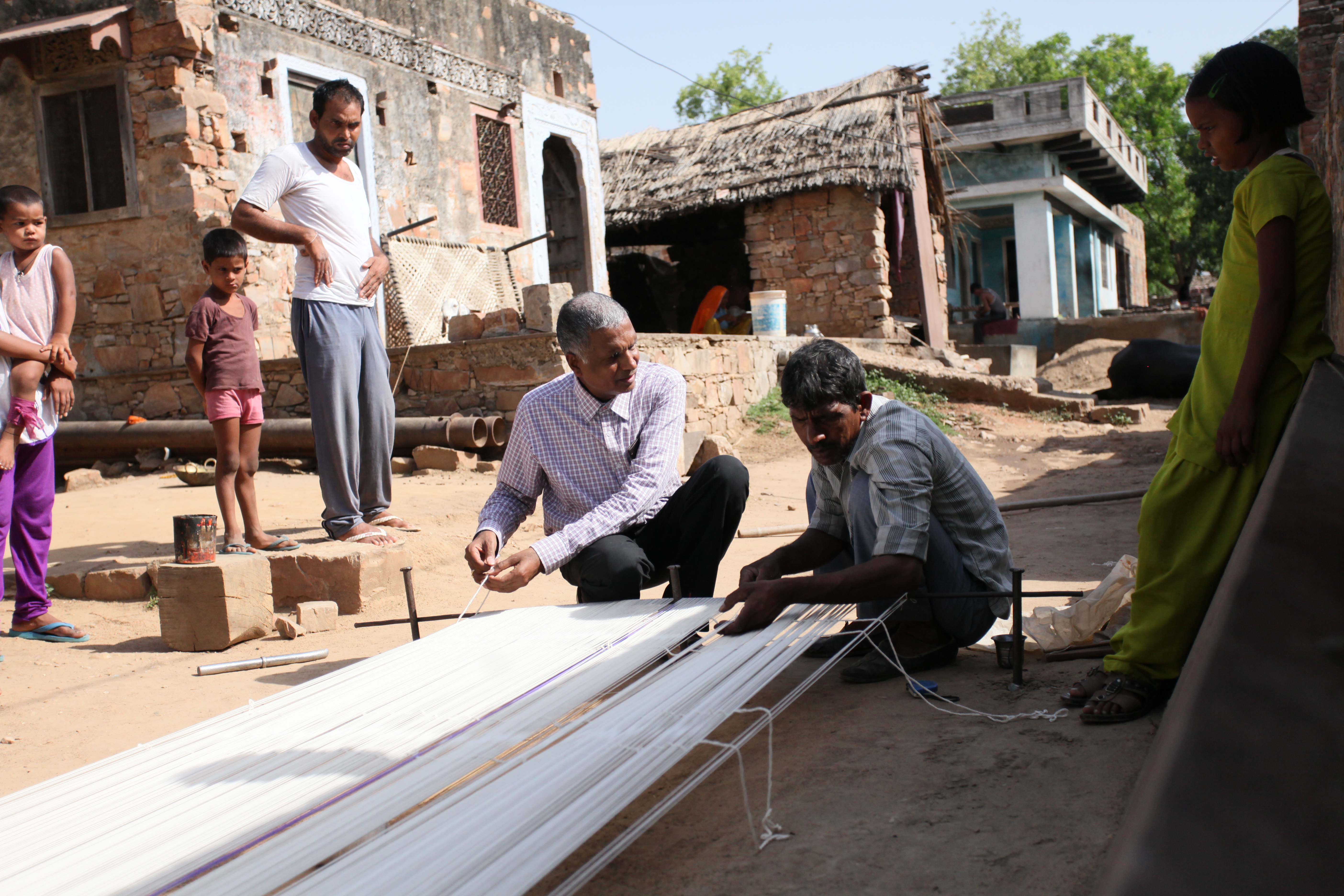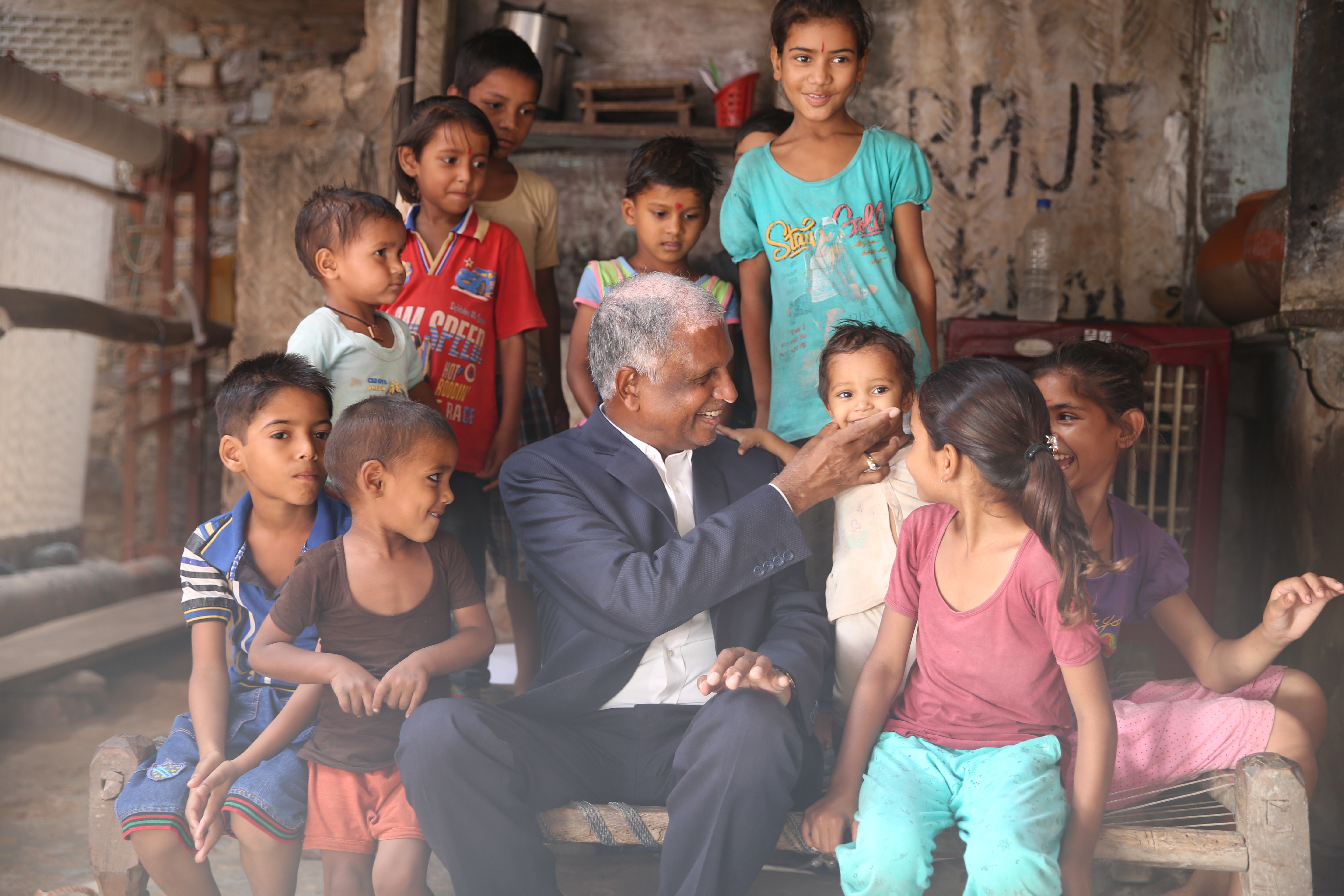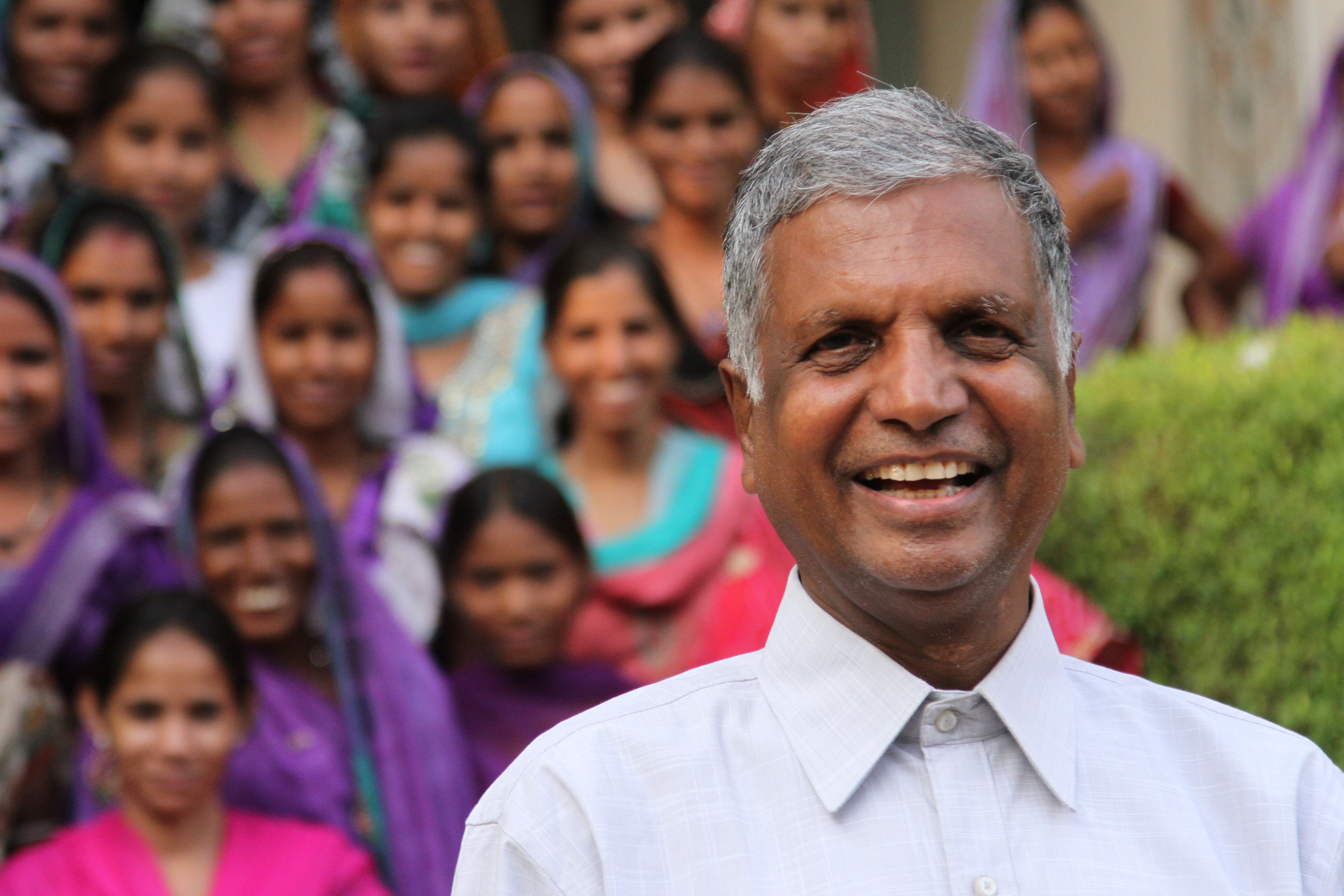Adopting a socially inclusive model may not be a new idea to many business leaders but I have always believed that a holistic and responsible method is the most beneficial and appropriate way to conduct business. However to be a social entrepreneur one must be aware about the impact businesses have on society.
In the ongoing race of pushing oneself in the market to be back on track we shouldn’t forget what the pandemic taught us. Social entrepreneurship is the future of businesses.
It may seem like an exaggeration to some, but I have always thought of business as more than an exchange of goods for something with monetary value. Though I wasn’t much aware about the term social entrepreneur back then, my first thought when it comes to business – as with most things – is love.
Many years ago when I was a young student studying at College, after a class test I was asked to stand up in front of the class by my professor. The combination of this professor being a strict disciplinarian and my shyness equaled a terrifying situation.
I nervously stood up, expecting to be reprimanded for something or the other. But rather than admonishing me, this professor told everyone in my class that I would be a great businessman someday. Pleasantly surprised, I listened as he read from my examination paper, in which my definition of business stated: “Business is next to love. It is the creator and preserver of civilizations.”
This concept cannot be overlooked keeping the present condition in mind especially when everyone is focusing on social values. No one buys anything randomly anymore. Therefore, make sure you focus on the need and tap into it.
Social Entrepreneurship in India
Social entrepreneurship in India has evolved over the years. While I started Jaipur Rugs, my primary goal was not only to give earning opportunities to the rural community but to give them the dignity they deserve through it. It was challenging but we need to make hay while the sun shines and that’s exactly what I did over the years.
Later we started an immersion program called the sensing journey where new joiners go to the home of weavers in the village, and live with them, weave with them, and help them in their work. This helps them to understand and develop respect for weavers which in turn brings in a lot of love and empathy that results in heart to heart connections.
Social entrepreneurship can be considered as a lifestyle that comes down to uplifting the spirits of the communities around you, no matter the length but the depth remains immeasurable.
Businesses that prioritize social change along with financial returns will harness love and innocence that transform the most simple ways of civilising a society.
When we all work together toward the common goal of building a more inclusive society then everyone has a seat at the ever-expanding table.





